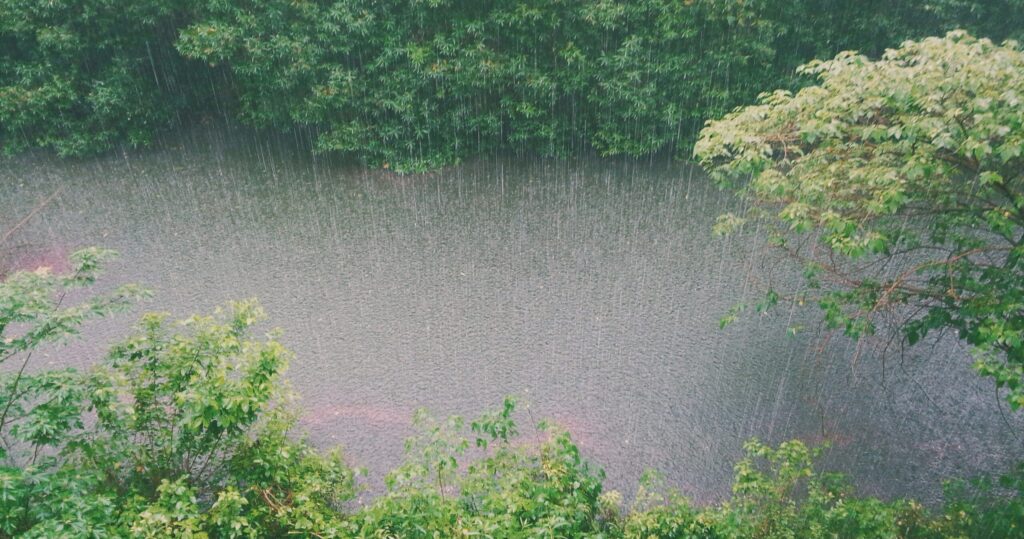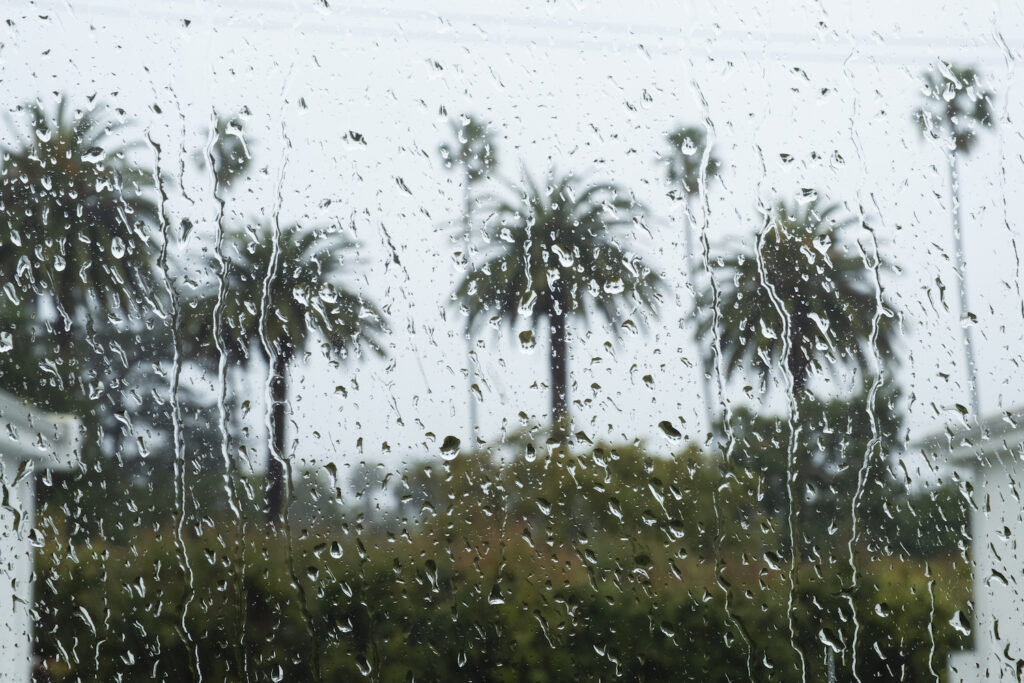One thing experts claim to know for sure about climate change, or journalists and politicians claim experts claim to know for sure, is that warmer air can hold more water, so if it gets warmer extreme levels of rainfall must go up. The convenient thing about a prediction like that is that if a bad storm happens the scientists can point to it and say “See, told ya!” But if nothing happens they can simply say nothing and wait for the next one because though it hasn’t happened yet it is bound to. But as we’ve pointed out many times, we are well into the era in which scientists say climate impacts are now visible, or journalists and politicians say they say it, and while they keep moving around the date in the past at which anthropogenic climate change supposedly took over, if we look over the whole of the 20th century we should see whatever effect they’re warning about. And indeed in the case of extreme rainfall, NOAA keeps a record of the monthly percentage of areas in the US which were classified as “Very Wet” going back to 1895 and coming up to the present. Sure enough there’s an upward trend: but it’s an insignificant +0.001% per year.
That’s one one-thousandths of one percent to be precise, and it looks like this:

A trend that small is statistically no different from zero, meaning it’s not #GettingWorse.



Apparently, the UK Met Office has declared 2023 the Wettest Year Evah in the UK. Ever being since 2019, presumably...
"...warmer air can hold more water, so if it gets warmer extreme levels of rainfall must go up." So, it logically follows that over the deserts, the rainfall must be a lot more than over the colder parts of the world.
Record rainfall you say? Great than in Noah's time? Was it SUVs that caused it to rain for 40 days and 40 nights - enough to float an ark?